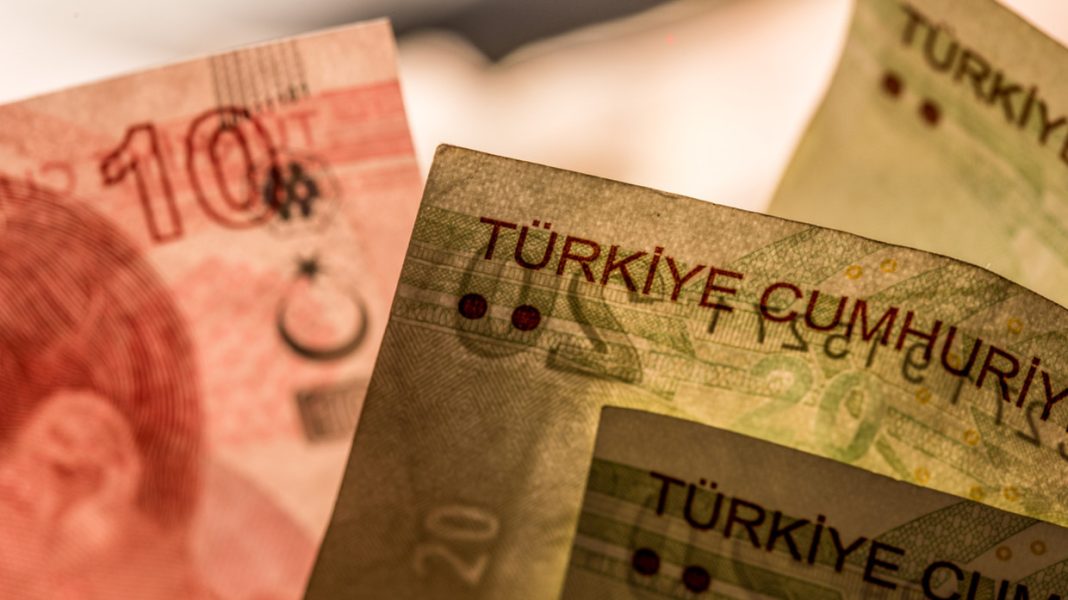At the behest of the US authorities, Turkish banks already do not process trade payments from Russia except for food and are now facing the threat of having currency swaps cut off if they do not terminate relations with their Russian partners.
In a separate report earlier this week, Aydinlik revealed that US officials had visited some Turkish companies and financial institutions and threatened to penalize them over trade relations with Russia.
Earlier this month, many Turkish banks started closing the corporate accounts of Russian businesses and tightening policies for individuals in light of the threat of secondary sanctions from the US.
According to some media reports, Turkish financial institutions have already cut ties and suspended processing payments with almost all Russian banks to avoid the risk of sanctions.
The emerging payment issues come after US President Joe Biden signed an executive order in December allowing for secondary sanctions to be placed on foreign banks suspected of supporting Russia.
US officials have repeatedly highlighted Turkey as a potential hub of sanctions evasion, with some Western officials raising concerns about allegations of trade between Turkish firms and sanctioned Russian entities.
Kremlin spokesperson Dmitry Peskov stated in early February that the Russian authorities were aware of the situation and confirmed that negotiations were underway, blaming “unprecedented, blatant and aggressive US pressure on Turkey and Turkish companies.”
